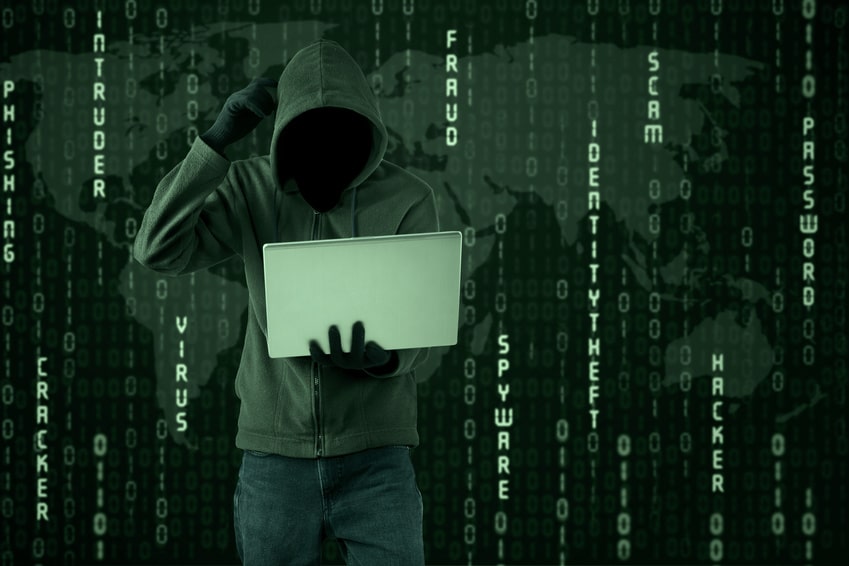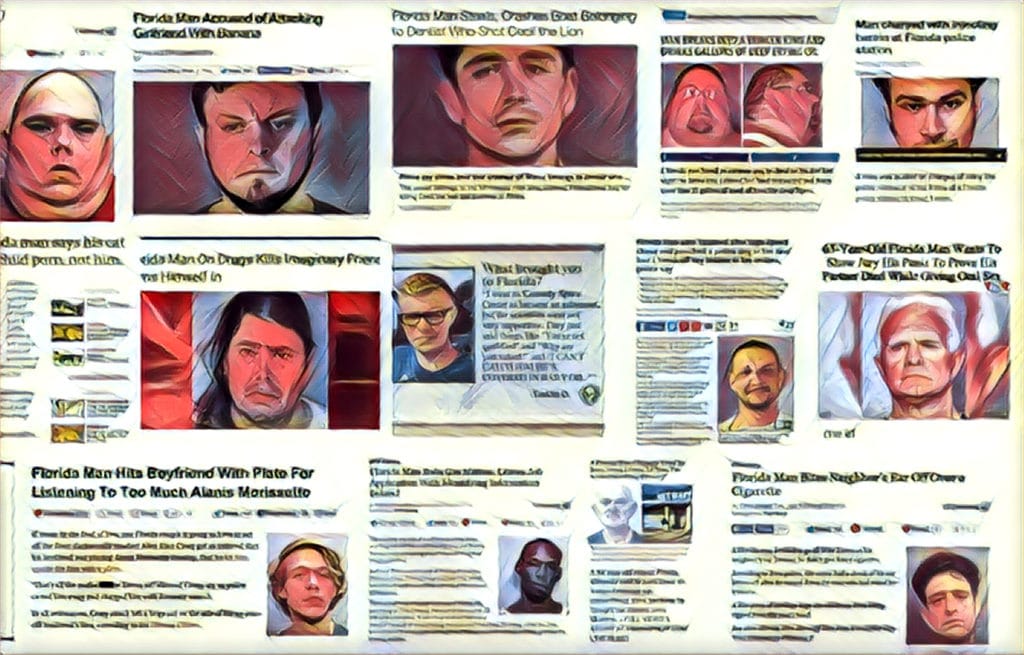In this industry perspective, Thomas Hofmann, the Vice President of Intelligence at the firm Flashpoint* warns that the effects of data breaches can often be felt months or years after the actual incident, as stolen data bubbles up in underground marketplaces. He has three pieces of advice for companies that want to develop an incident response plan that mitigates the damage of breaches in the short term and over the long term.
Dark Web
Podcast: will Uber’s Florida Man Problem chill Bug Bounties?
In our latest podcast: the ride sharing firm Uber finds itself on the wrong side of a Florida Man story after paying $100,000 in hush money to a man from The Sunshine State who stole information on 57 million Uber customers. We speak with Katie Moussouris about how the company’s actions could affect the future of the young vulnerability disclosure industry. Also: with BitCoins trading for $16,000 each, Wandera researcher Dan Cuddeford joins us to talk about mobile crypto-jacking schemes that hijack mobile devices to mine crypto currencies. And we invite Alan Brill of the firm Kroll back to discuss recent House of Representatives hearings on the future of authentication in an age of rampant data sharing and data theft.
Dark Markets do it better, surveying the Phishing underground and dissecting a Fancy Bear attack
In episode 69 of The Security Ledger podcast, we speak with Luca Allodi of The University of Eindhoven in The Netherlands about research on the functioning of dark markets. Also: DUO Security researched the trade in phishing toolkits – you’ll be surprised at what they learned. And we deconstruct a campaign against the citizen journalism website Bellingcat.com to understand how the Russian Group known as Fancy Bear works.
Analysis of 85K Remote Desktop Hacks Finds Education, Healthcare Top Targets
In-brief: An analysis of 85,000 hacked Remote Desktop Protocol servers from the cyber criminal marketplace xDedic shows that education and healthcare networks were the most often targeted by hackers, who often used brute force password guessing to gain access.




